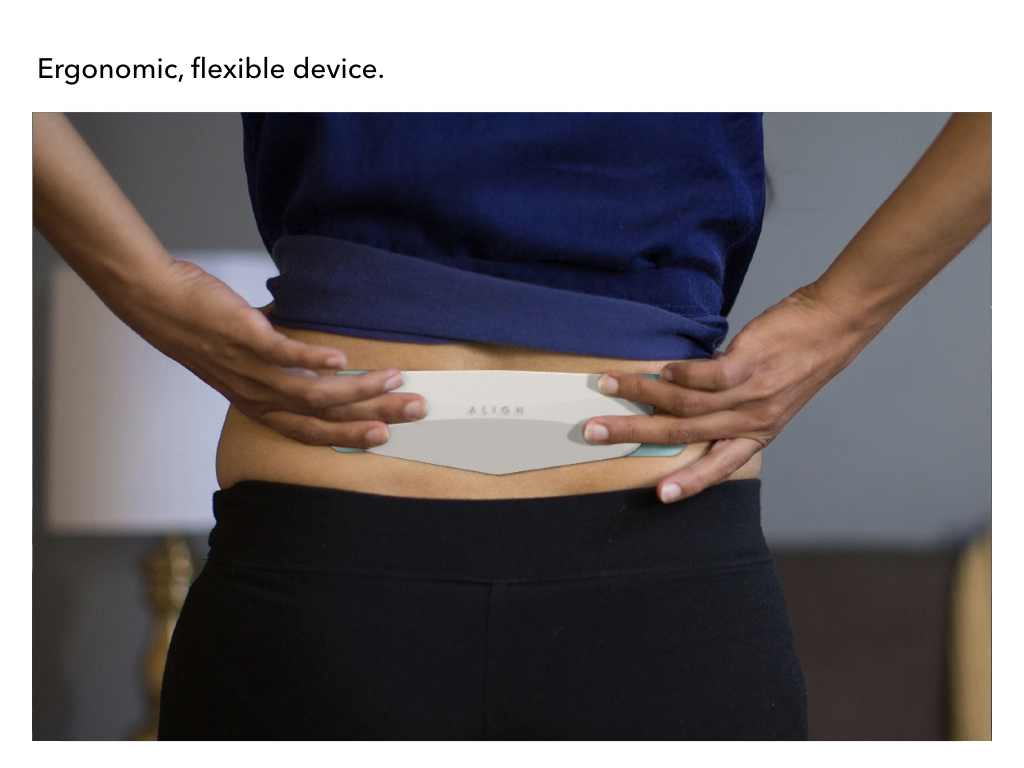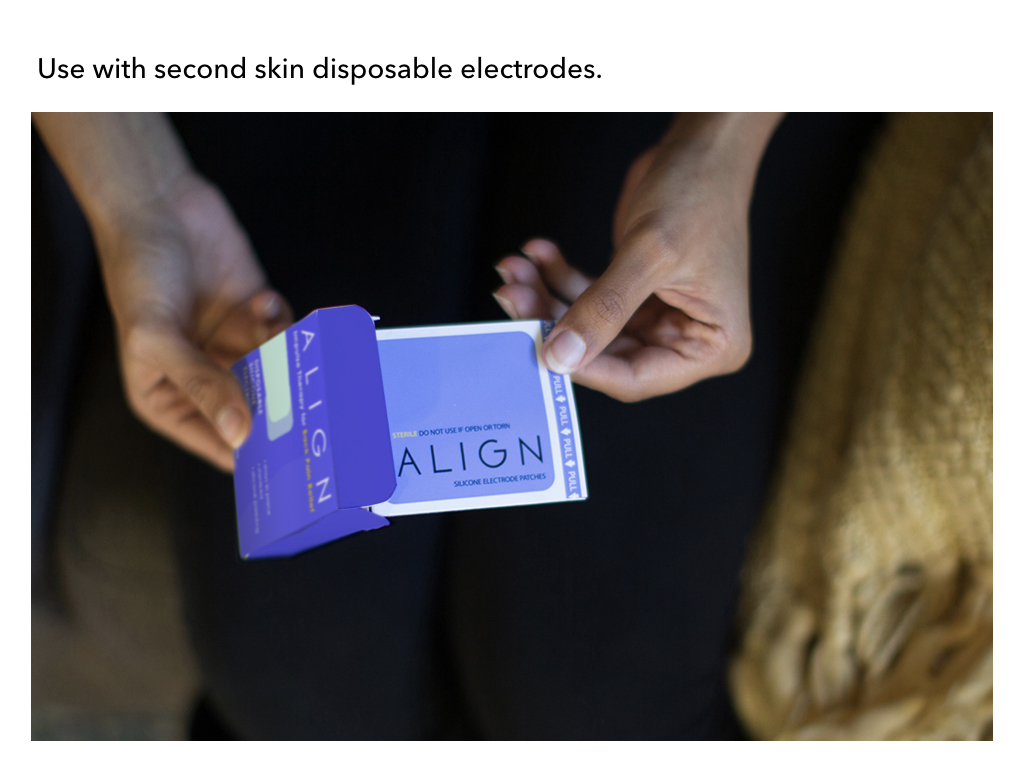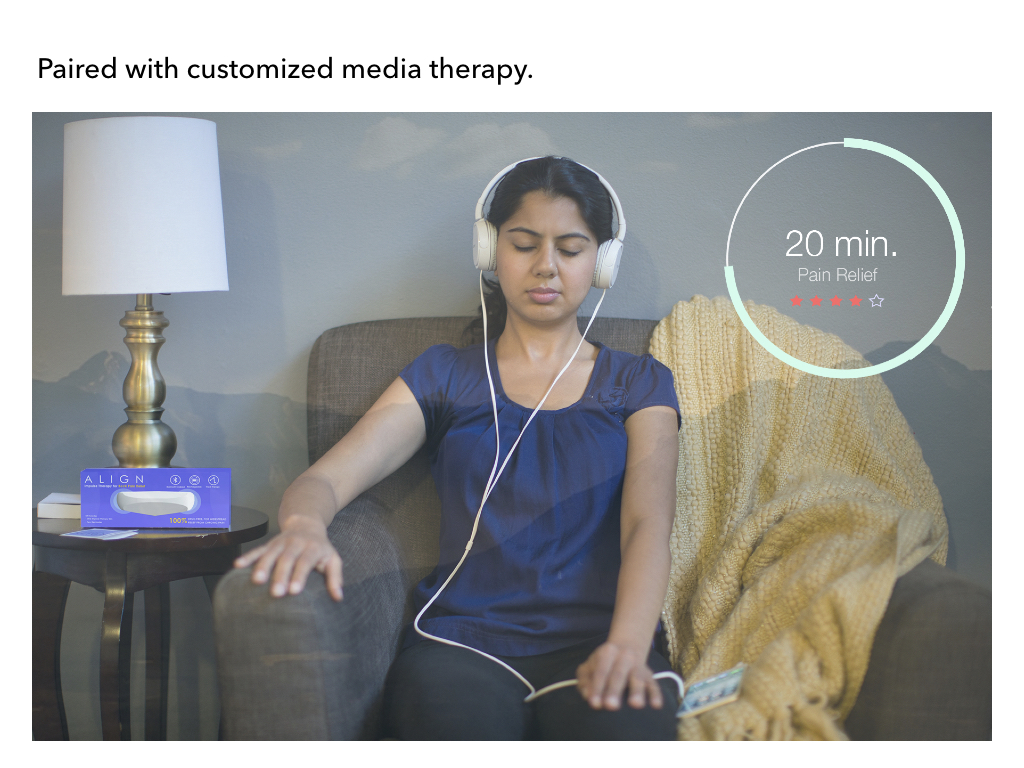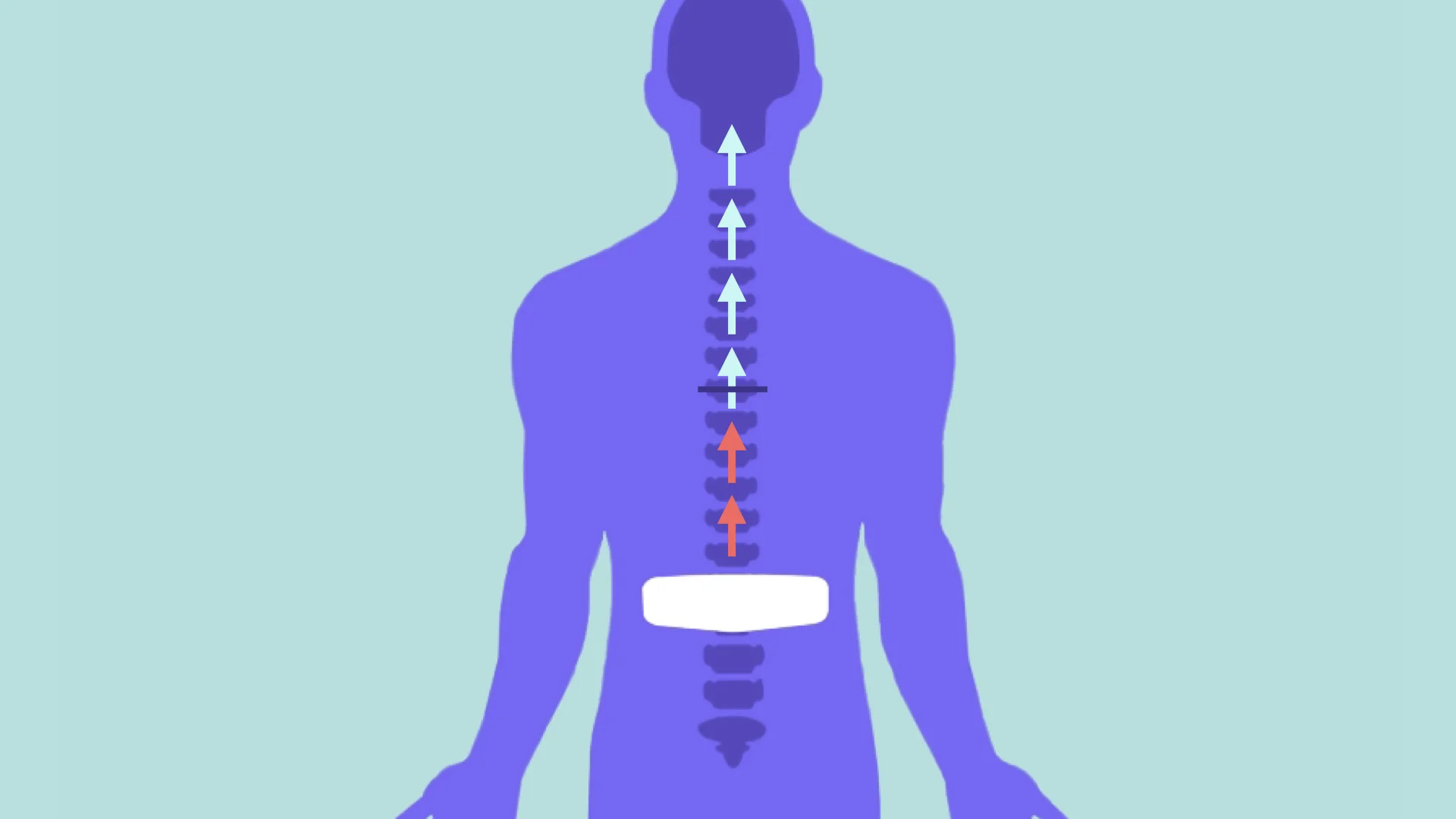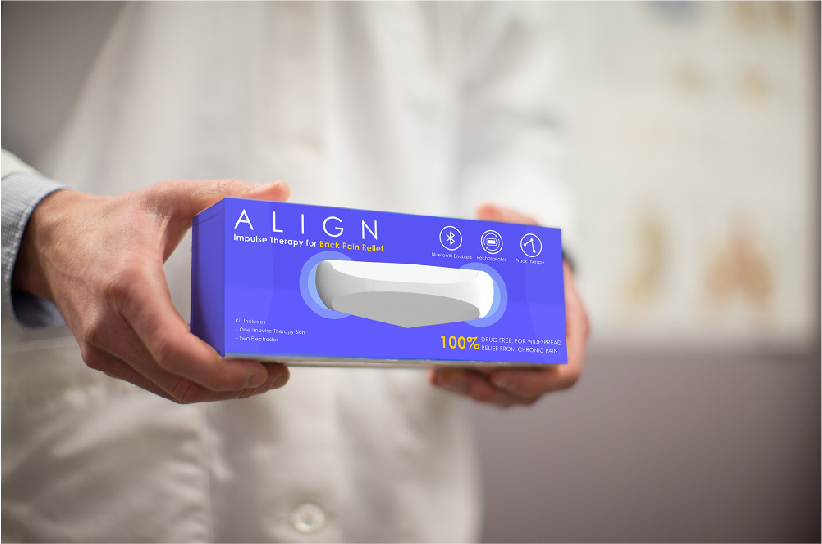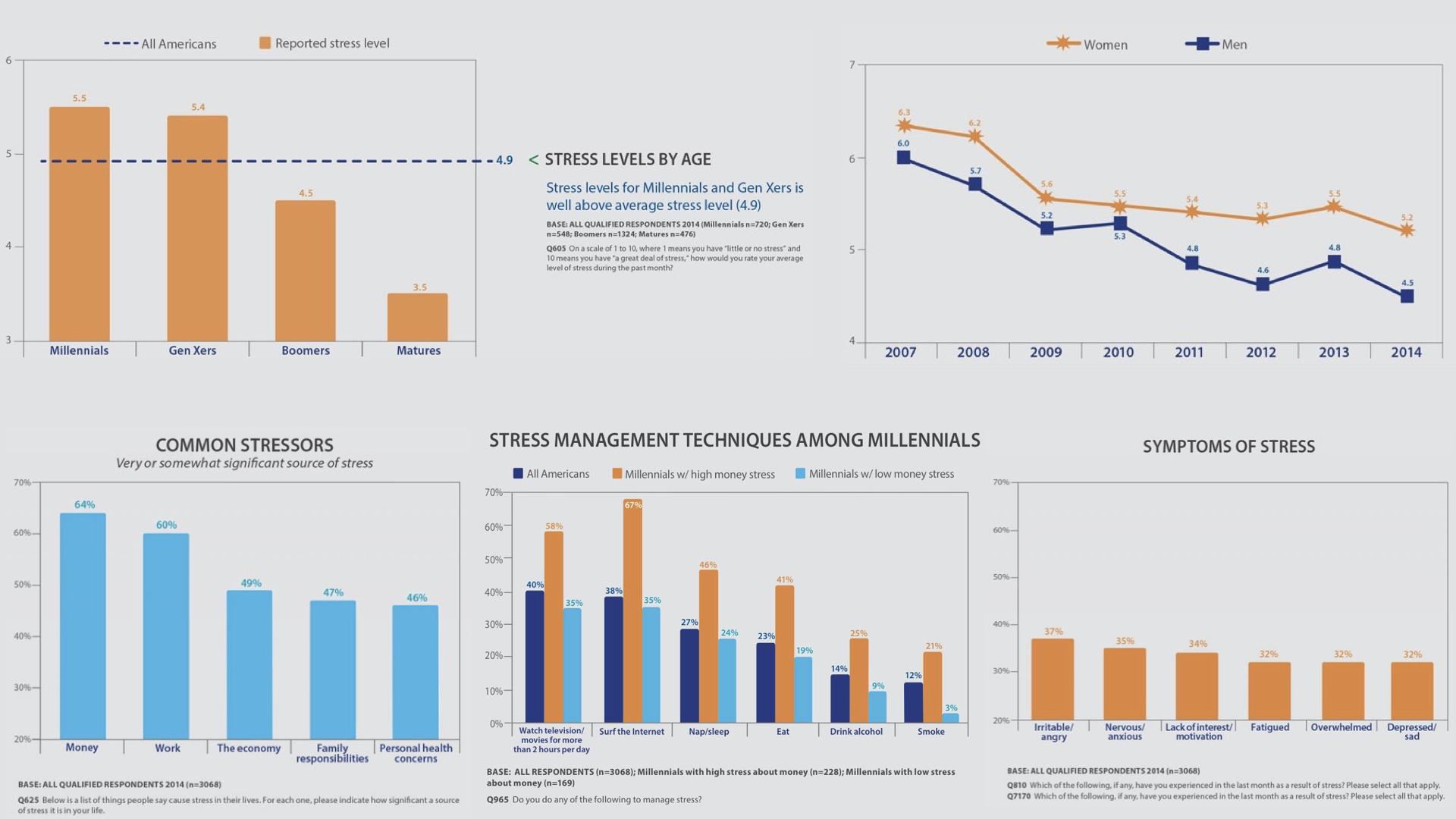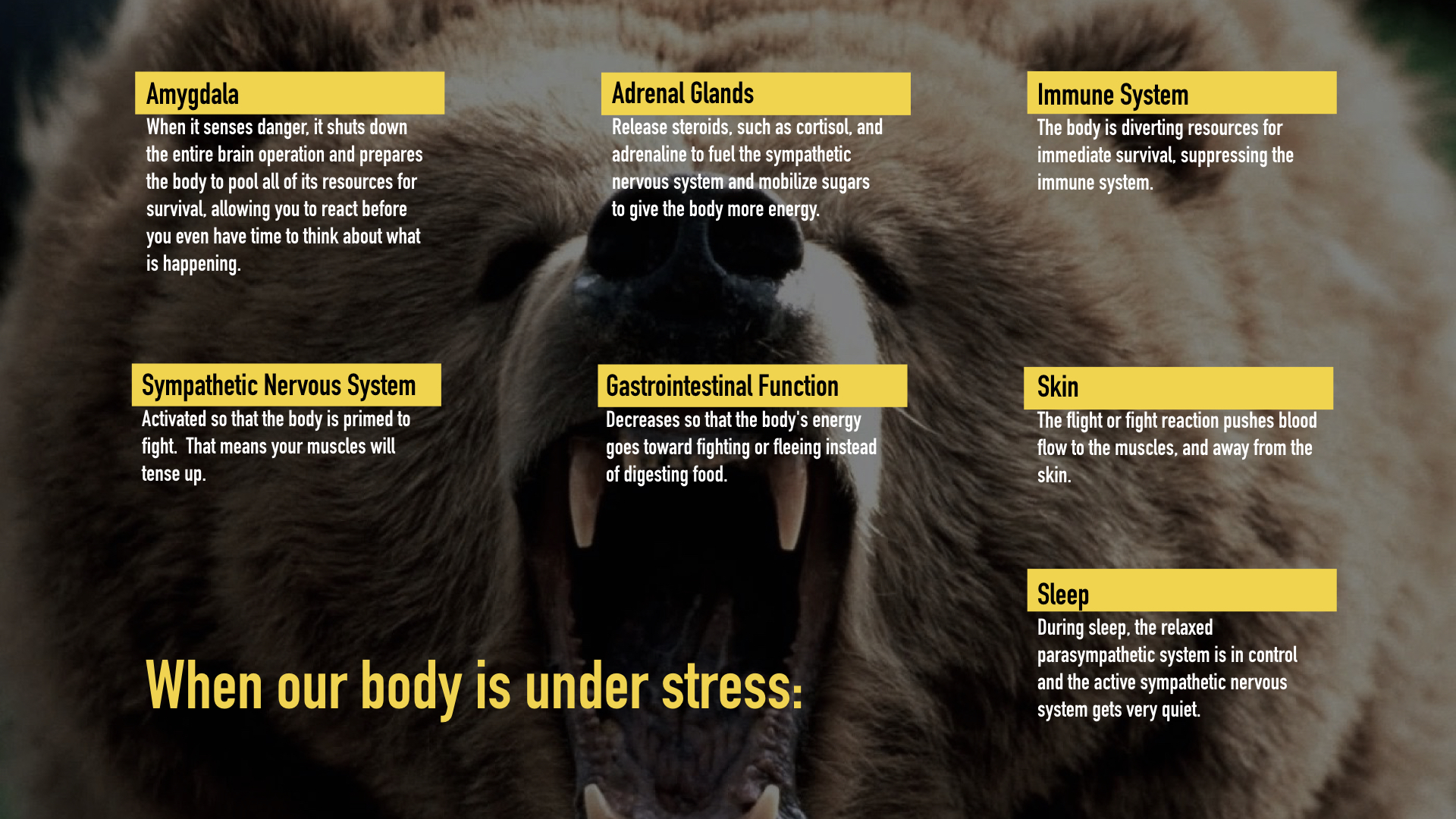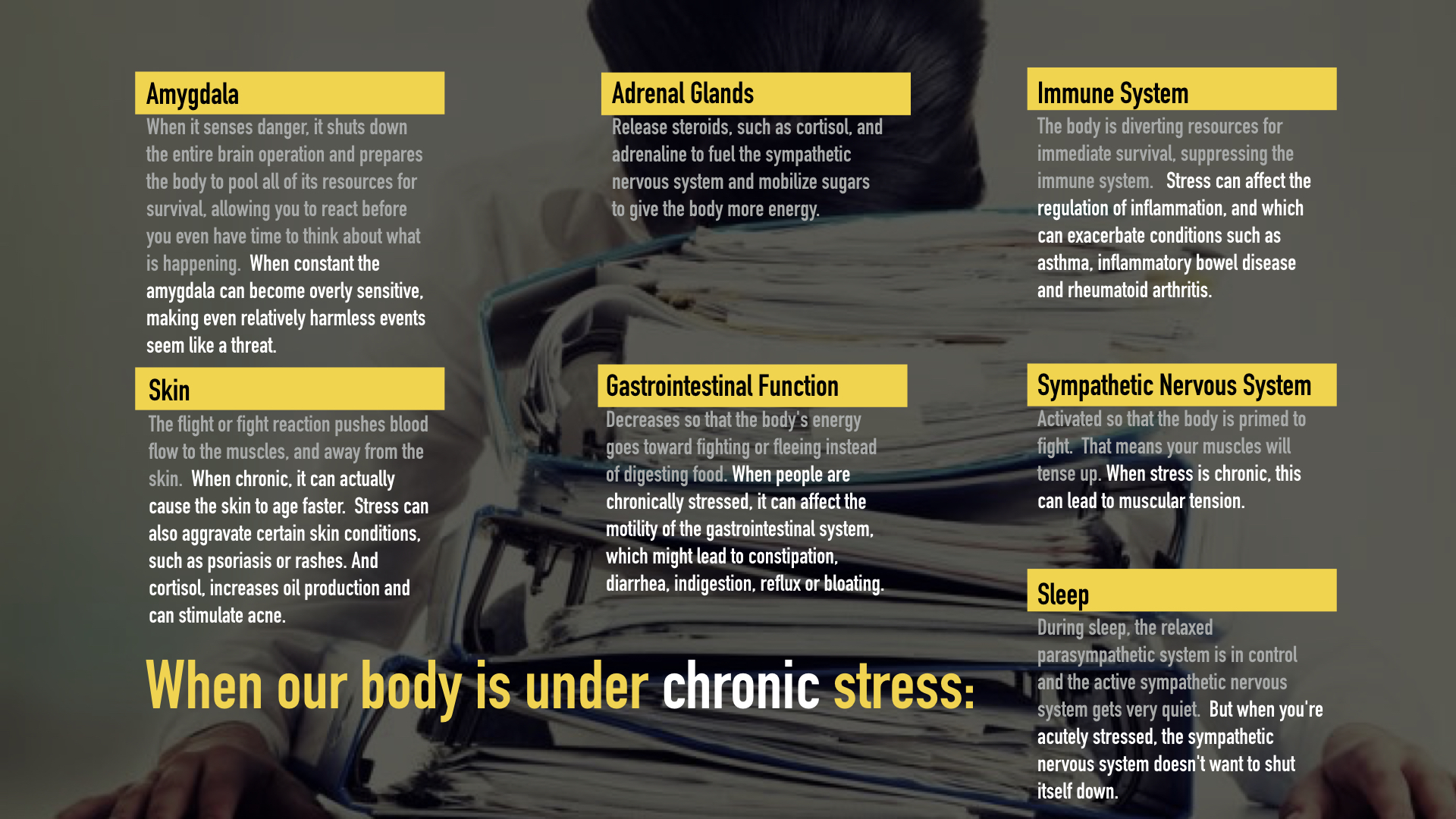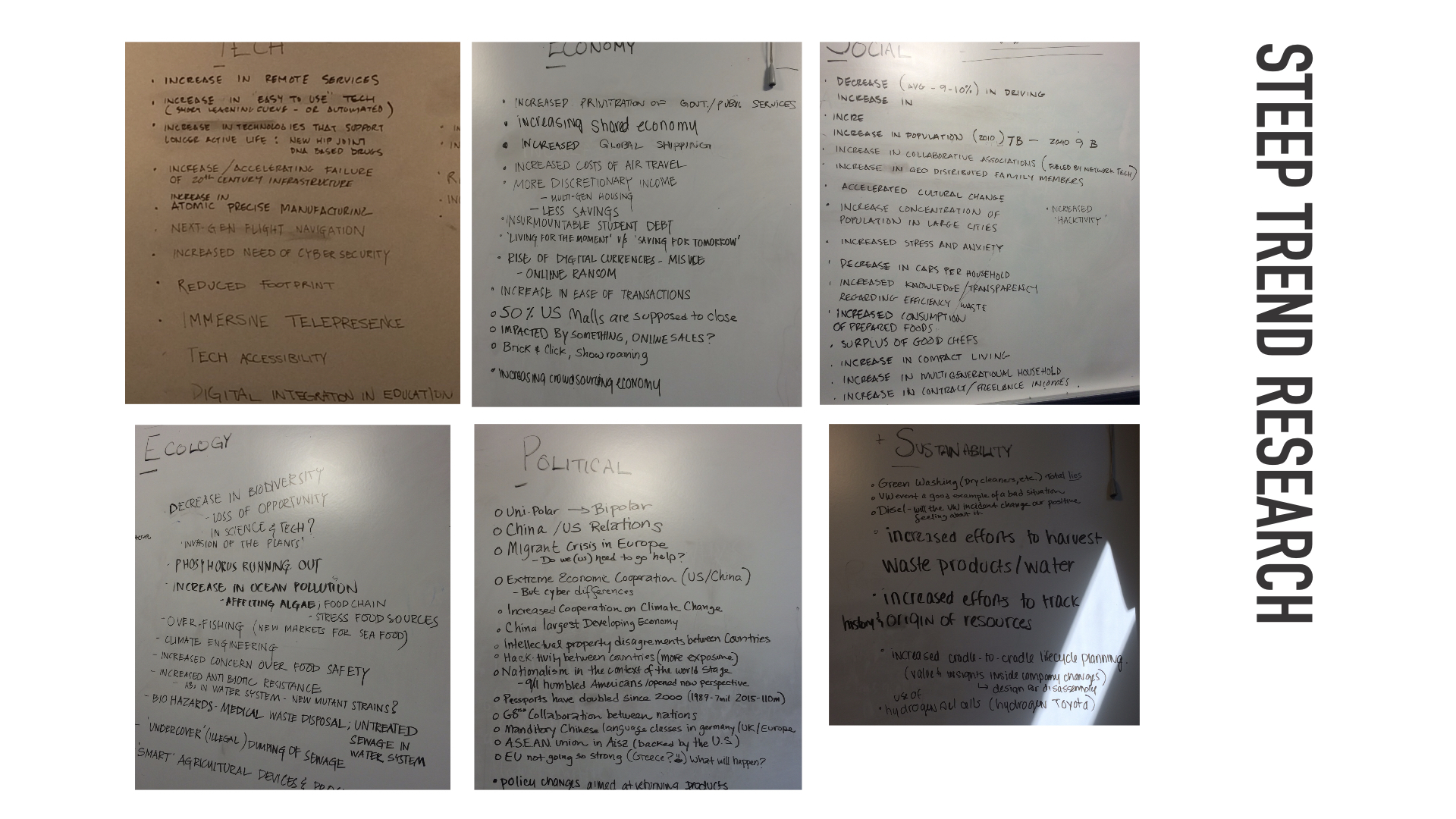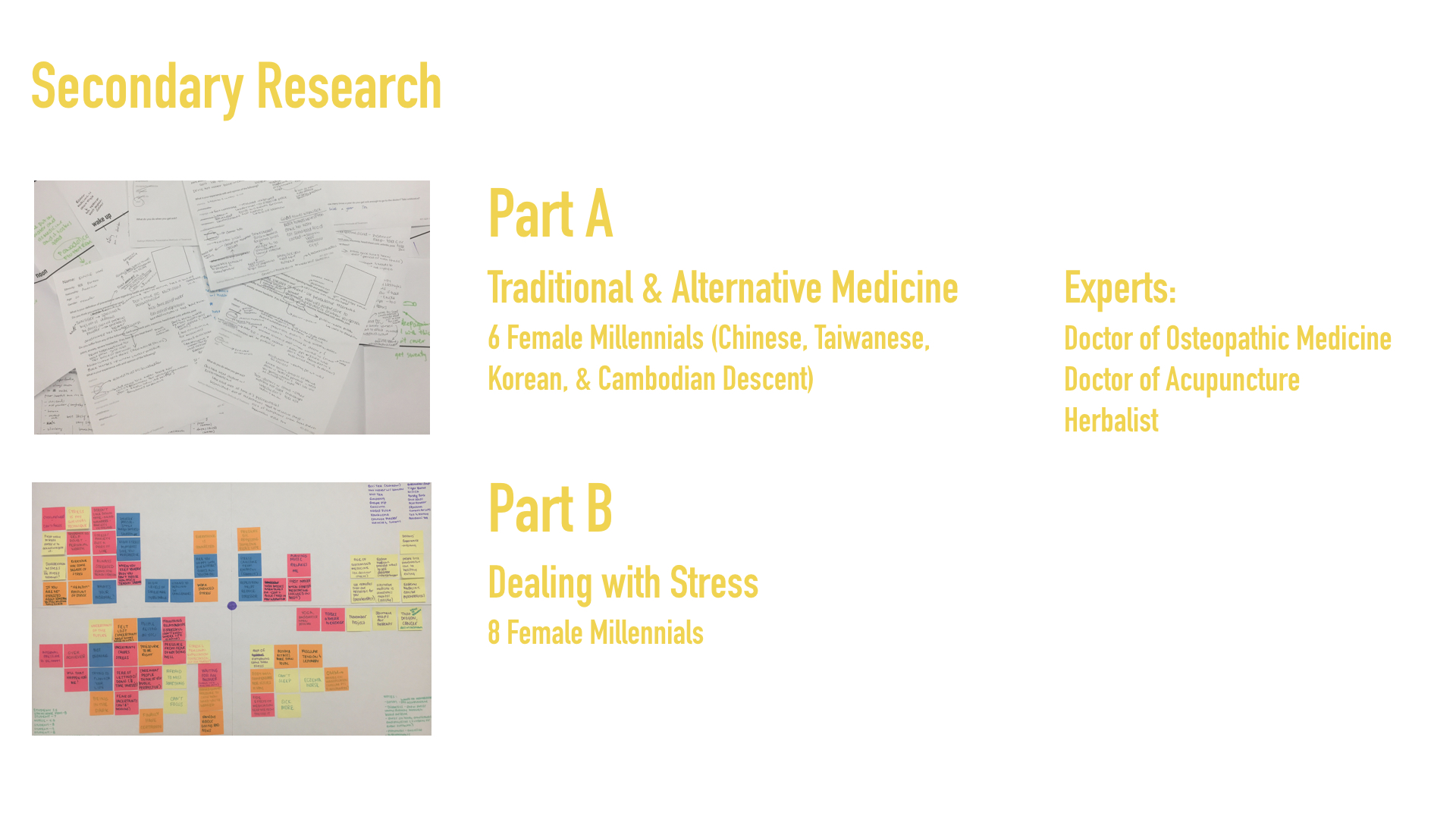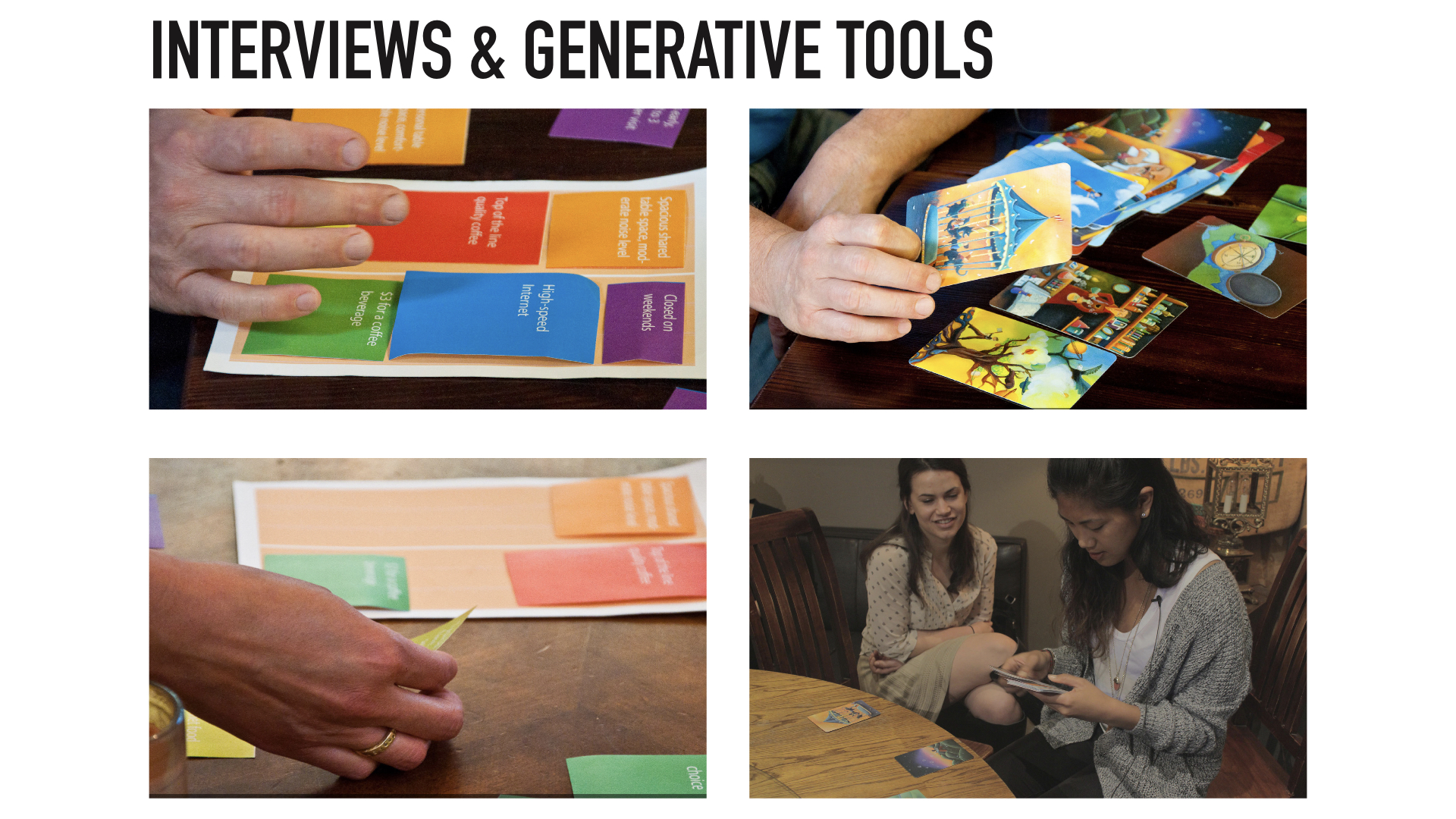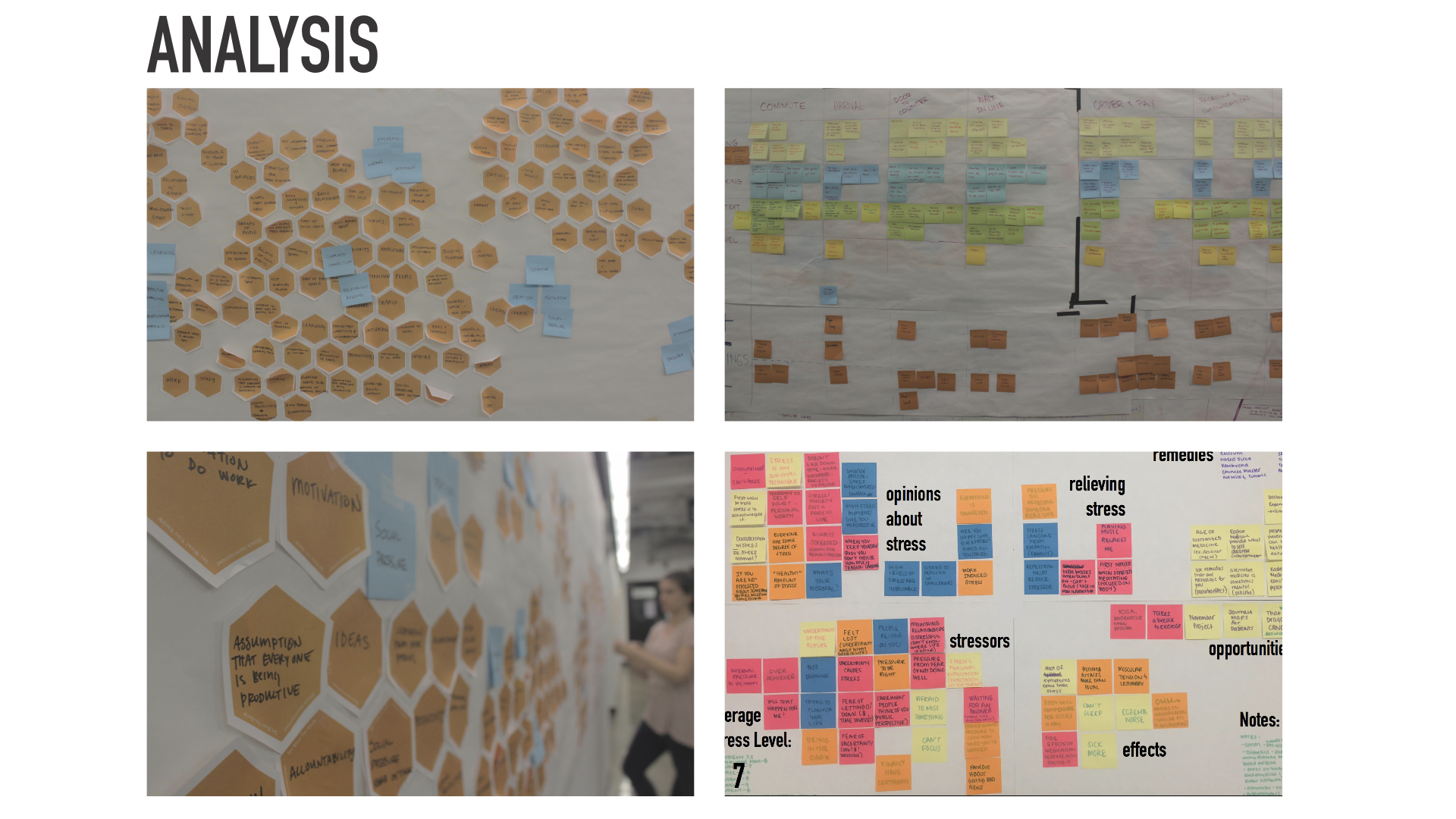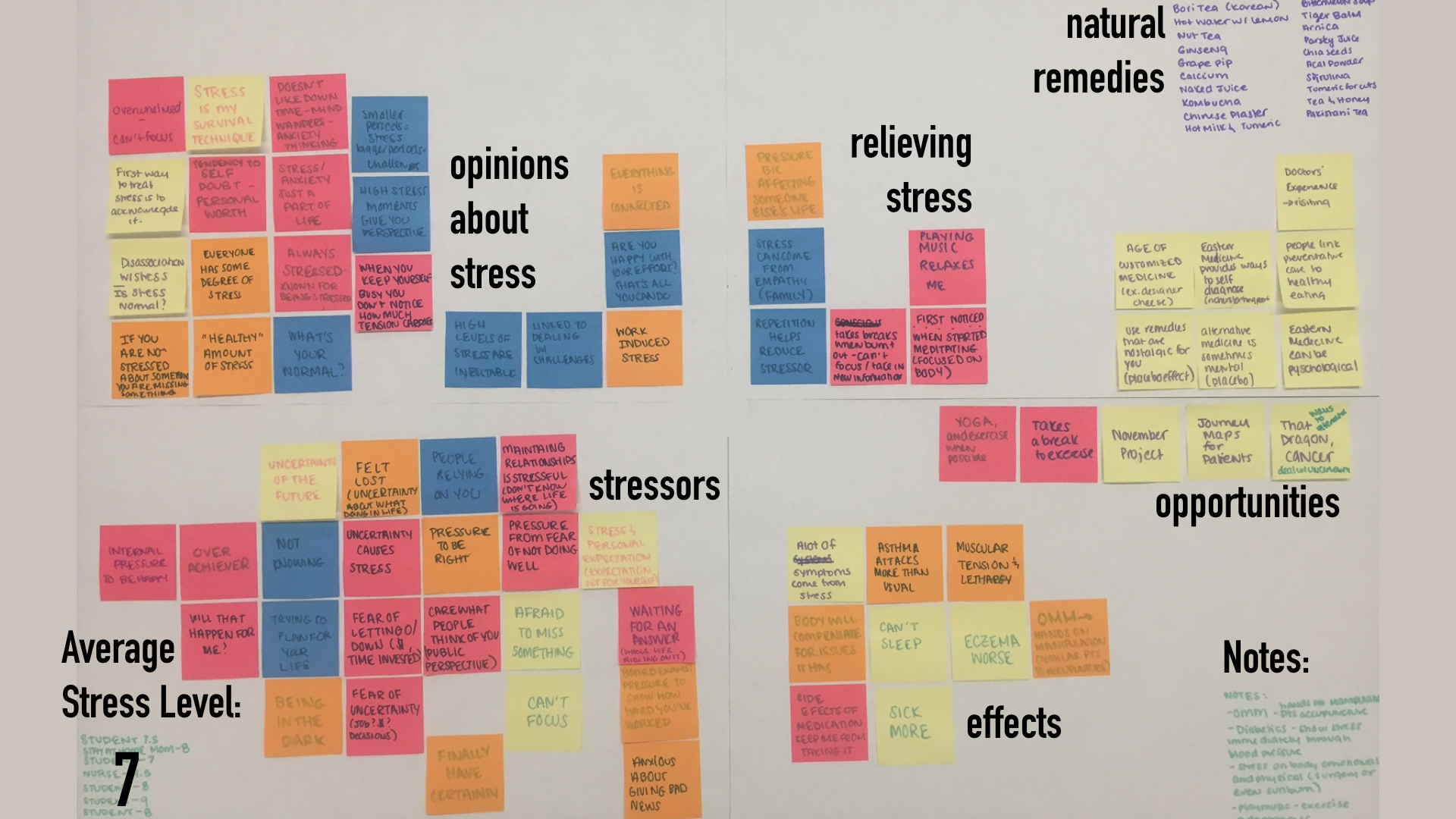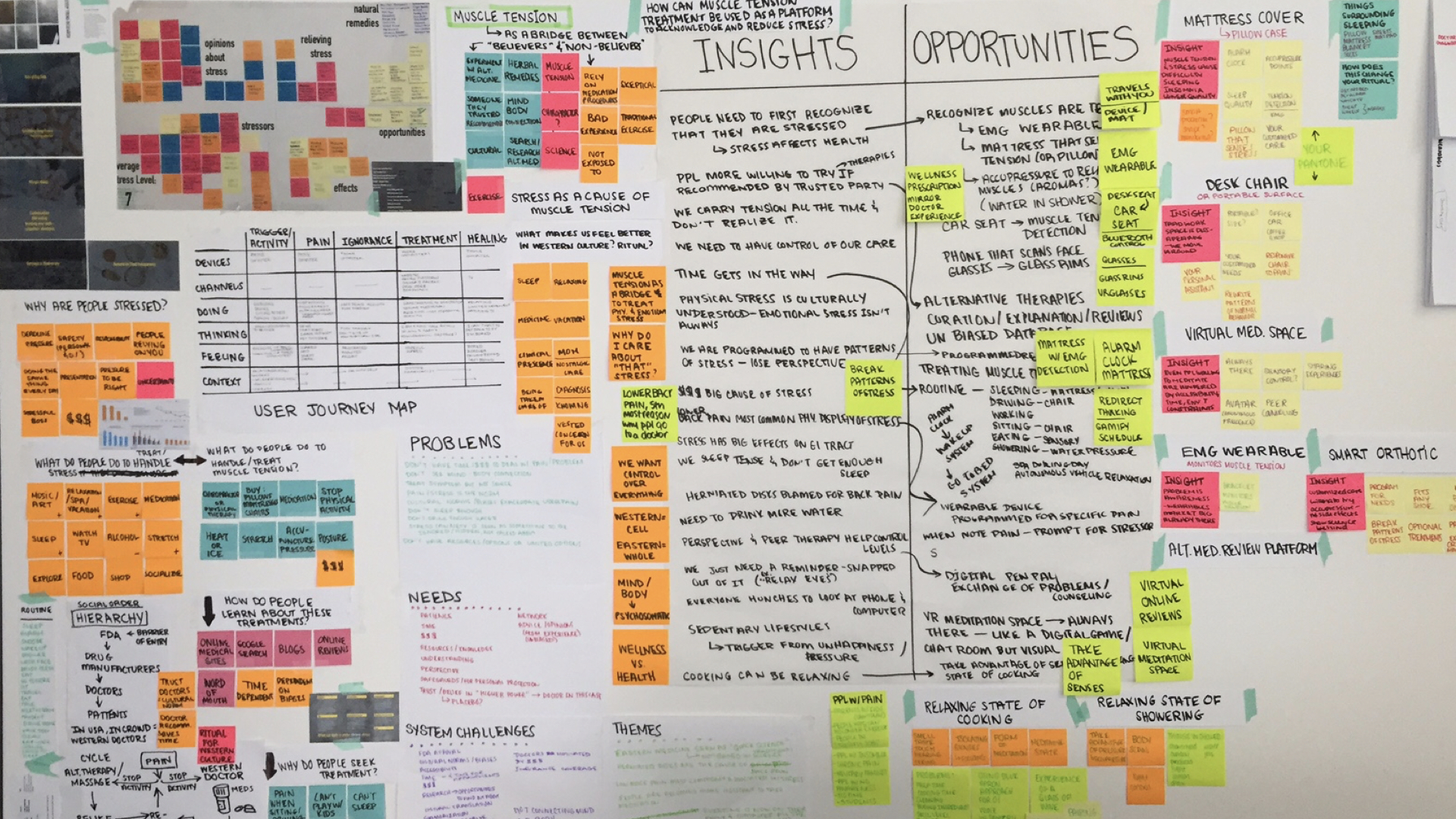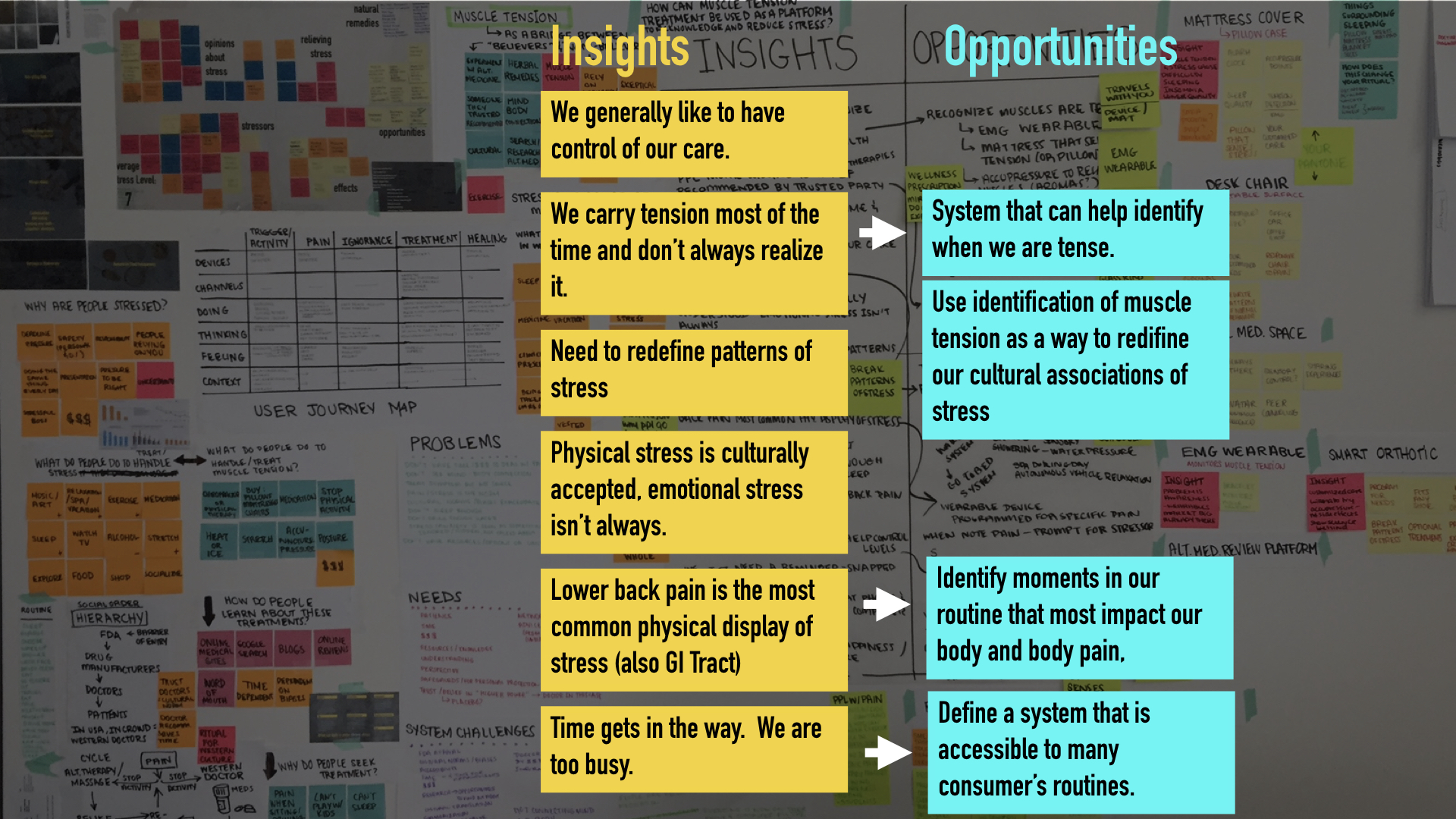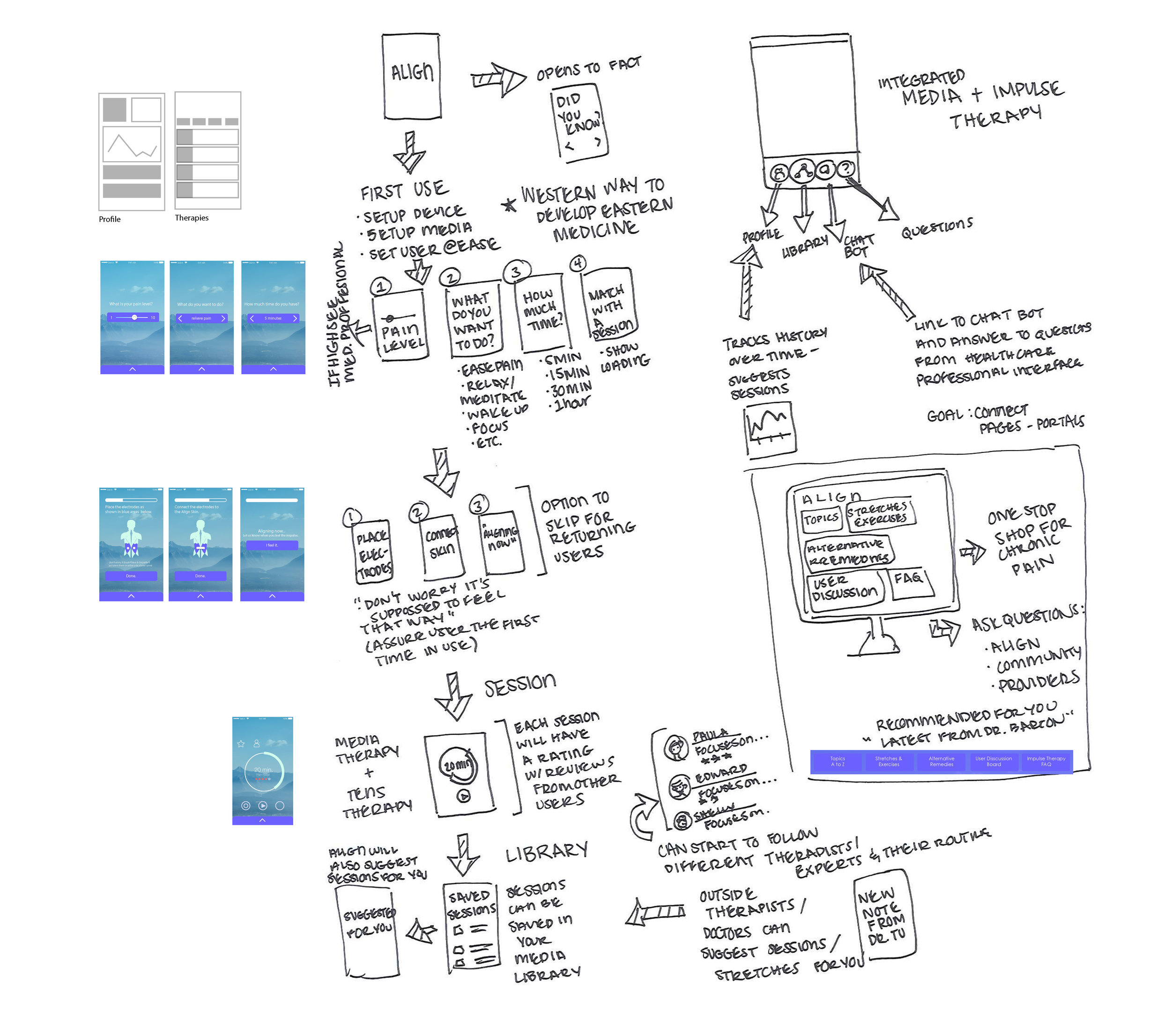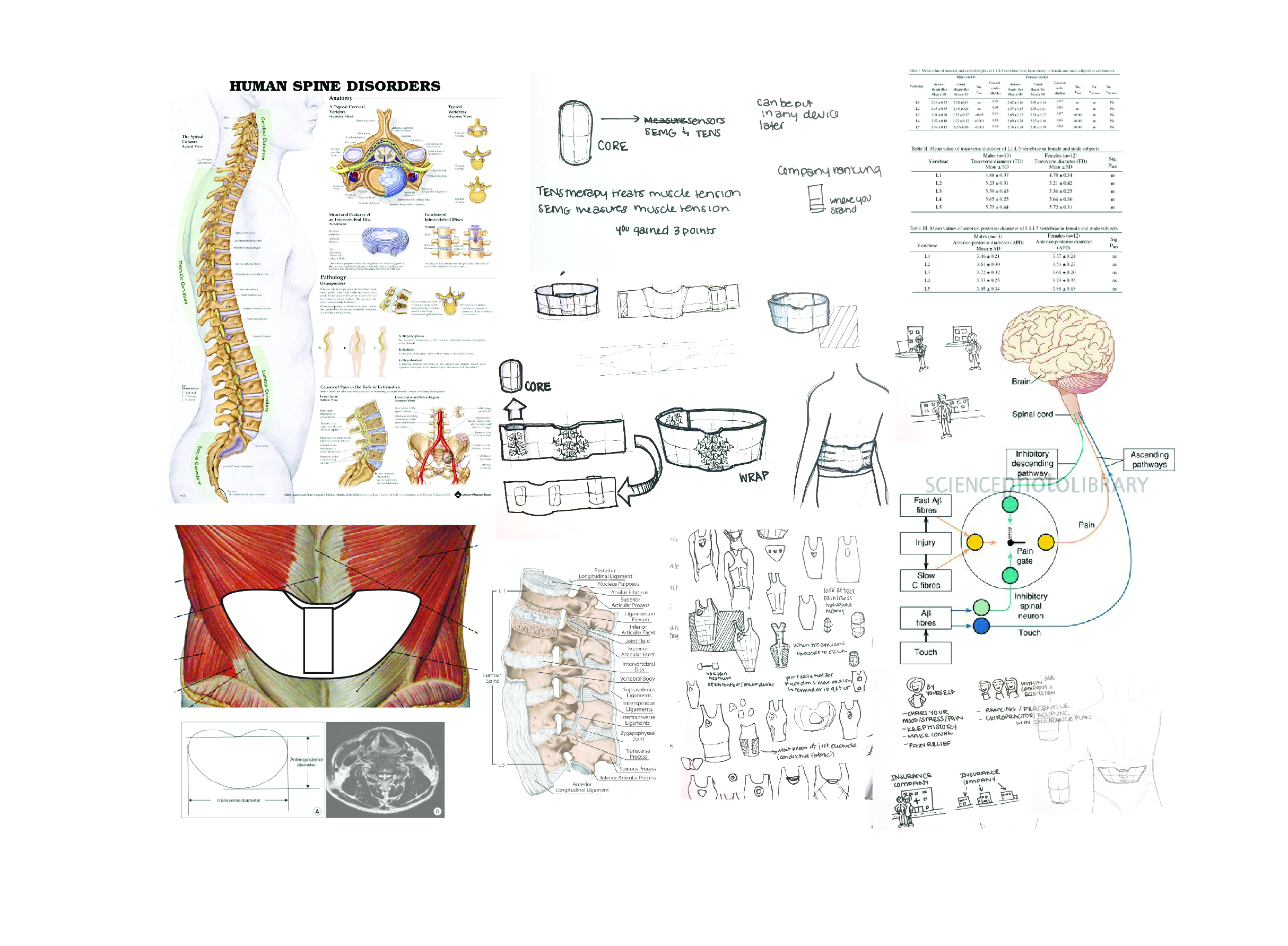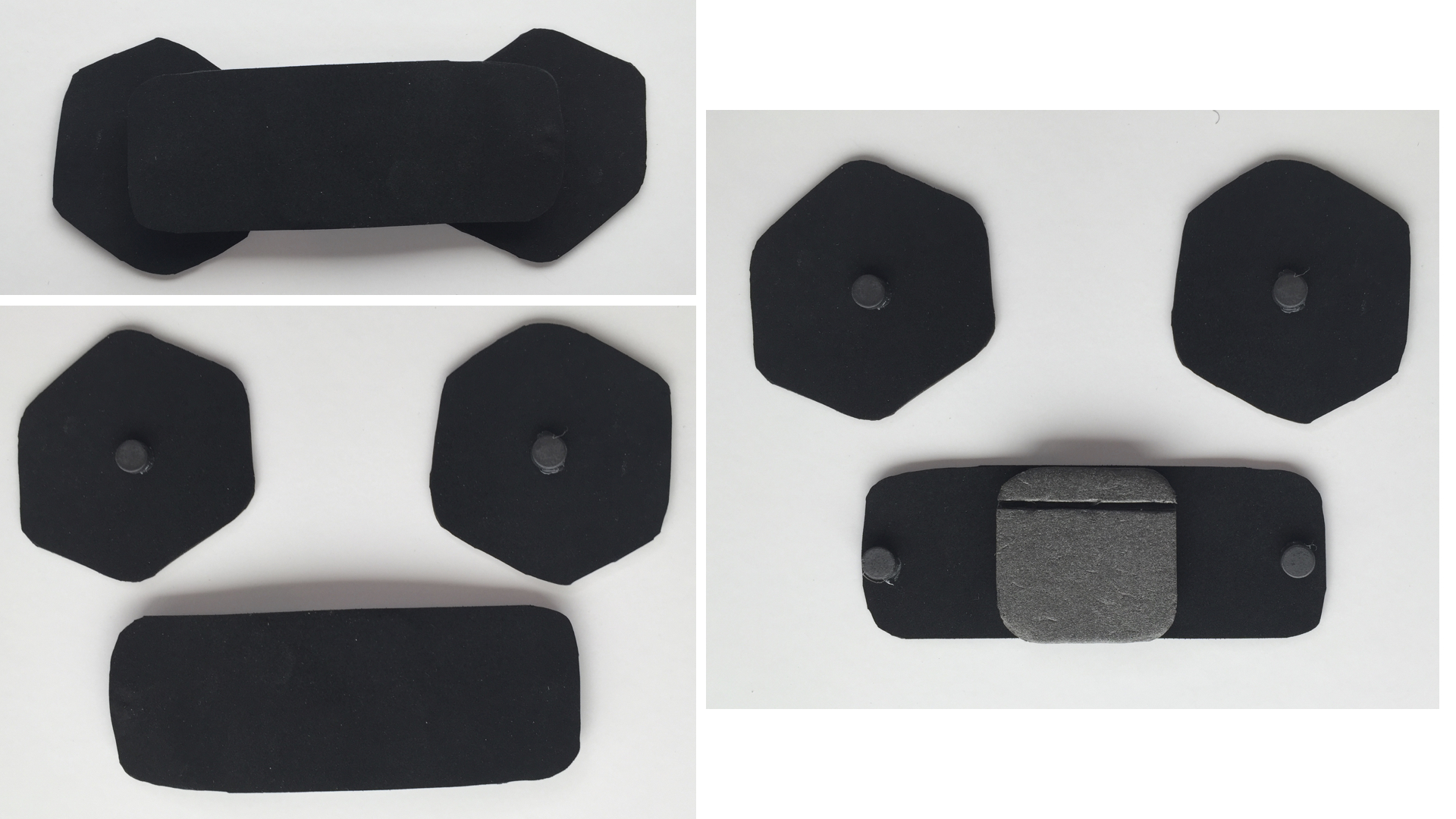The National Health Survey found that within a year over 18 million adult Americans sought professional help for their chronic back pain.
On top of this, there are a number of trends emerging in our society.
That is where Align comes in.
Align is a product that not only provides immediate pain relief but also comes with an easy to use system that helps to identify and deal with the long term root cause of chronic pain.
By working with chiropractors and other health care professionals. Align becomes a way for you to continue your treatment long after you leave the office.
How it works
At its core Align provides the health benefits of meditation with the added pain relief of tens therapy.
Tens therapy, or Transcutaneous Electrical Nerve Stimulation, uses electric impulses to stimulate the nerves in the fascia layer. It also reduces pain by using something called the gate control theory, which essentially means it blocks pain signals from reaching our brain. And while that may sound scary it is entirely safe and Align walks you through the process so you know you are doing it right.
Tens has also started to become more popular in the consumer market and versions of this device are even sold at CVS by brands such as Bayer.
Meditation on the other hand has its own pain relieving properties. Meditation is the only pain relieving technique that does not rely on the bodies natural opioid production, meaning that it does not change effectiveness over time. Align pairs tens therapy with guided media therapy, providing a one-two punch for pain relief.
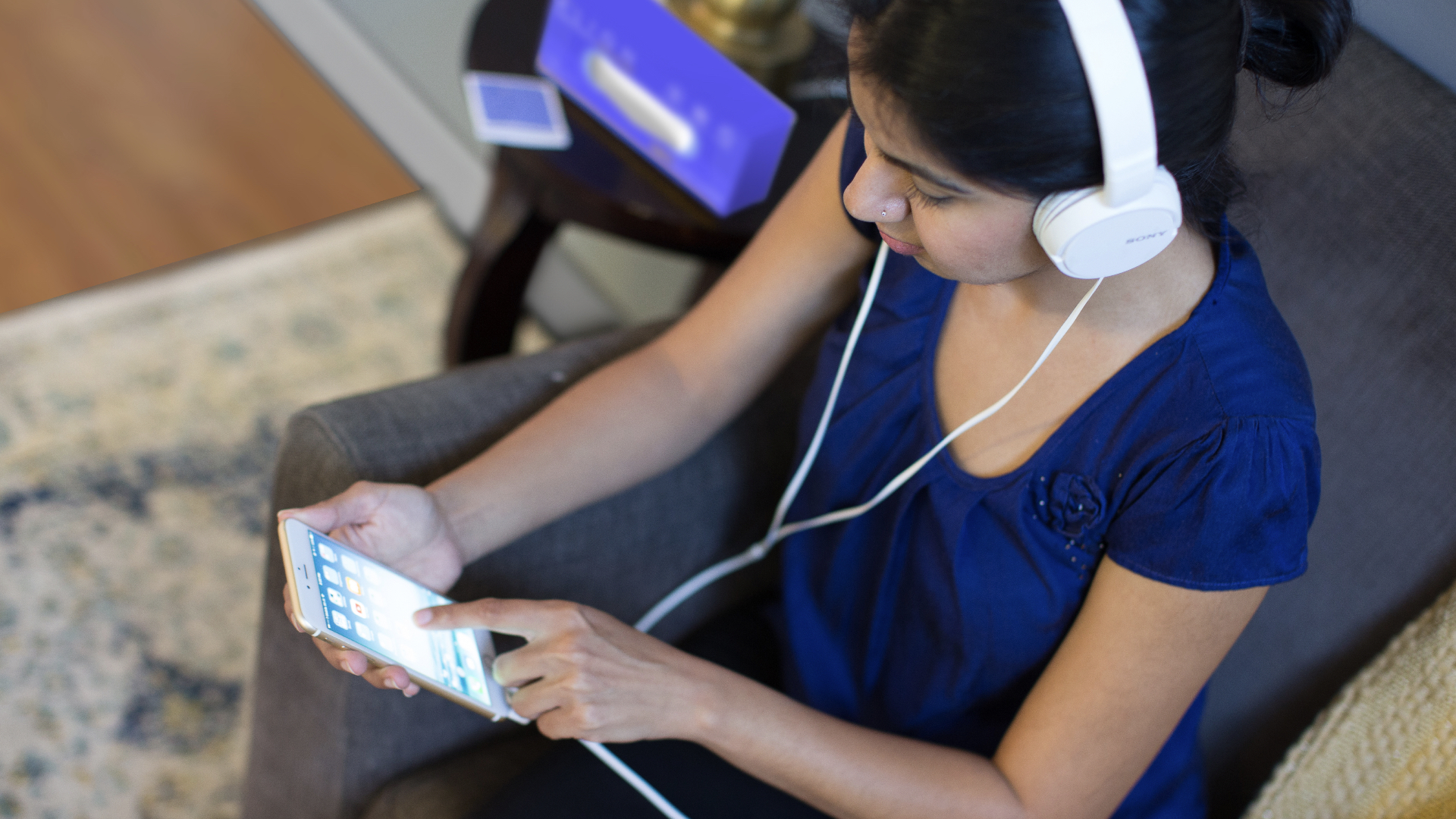
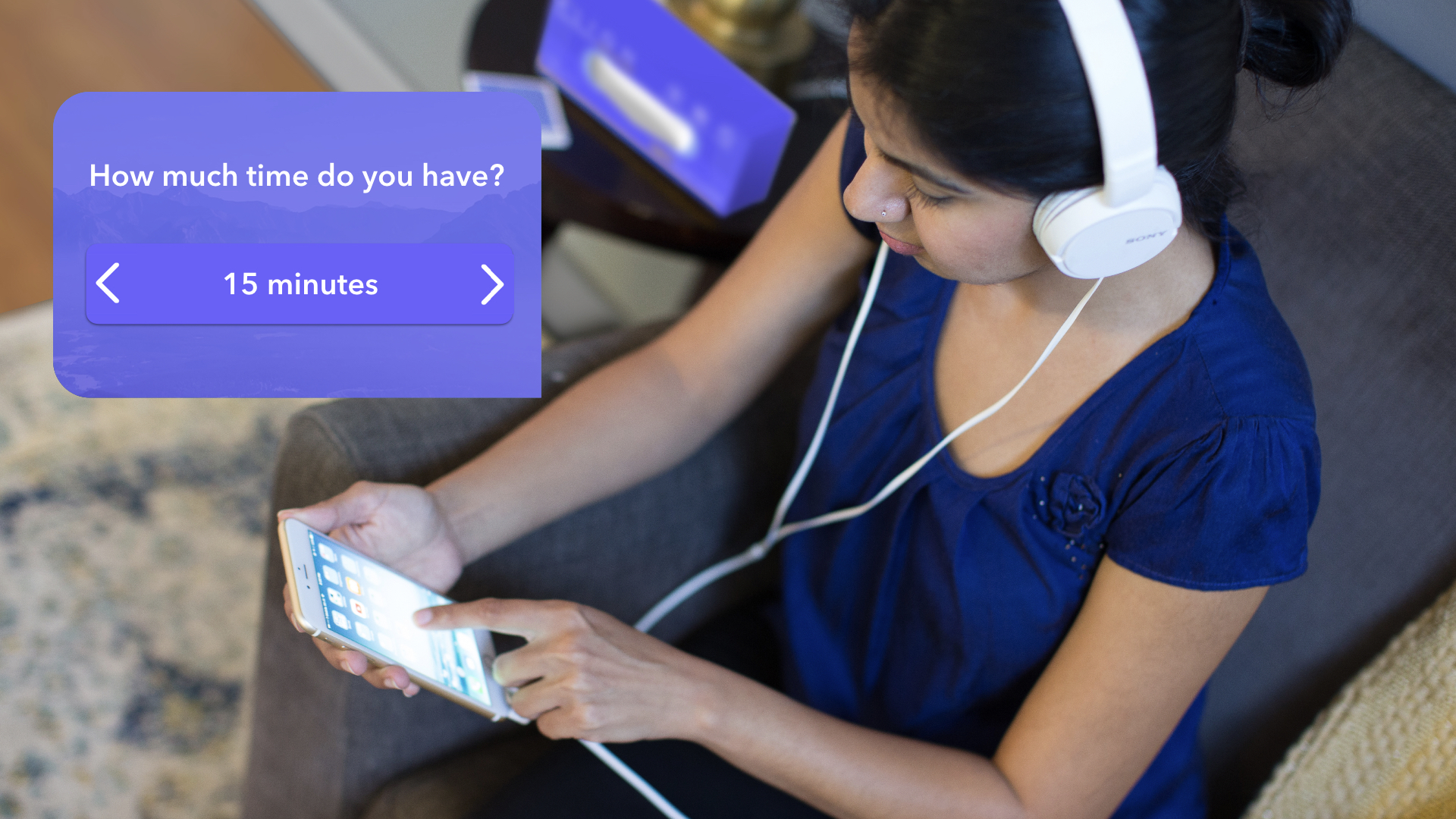
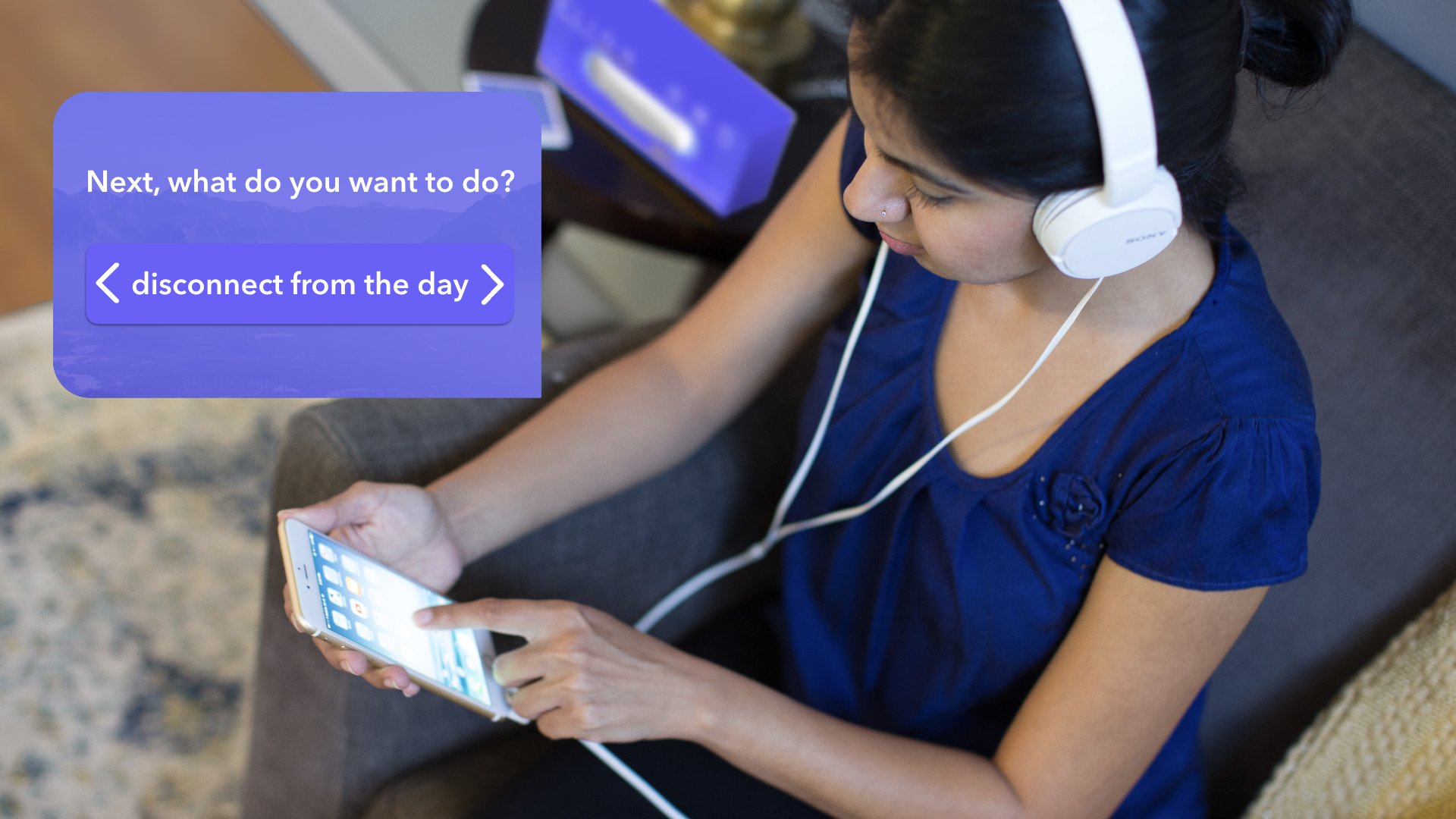

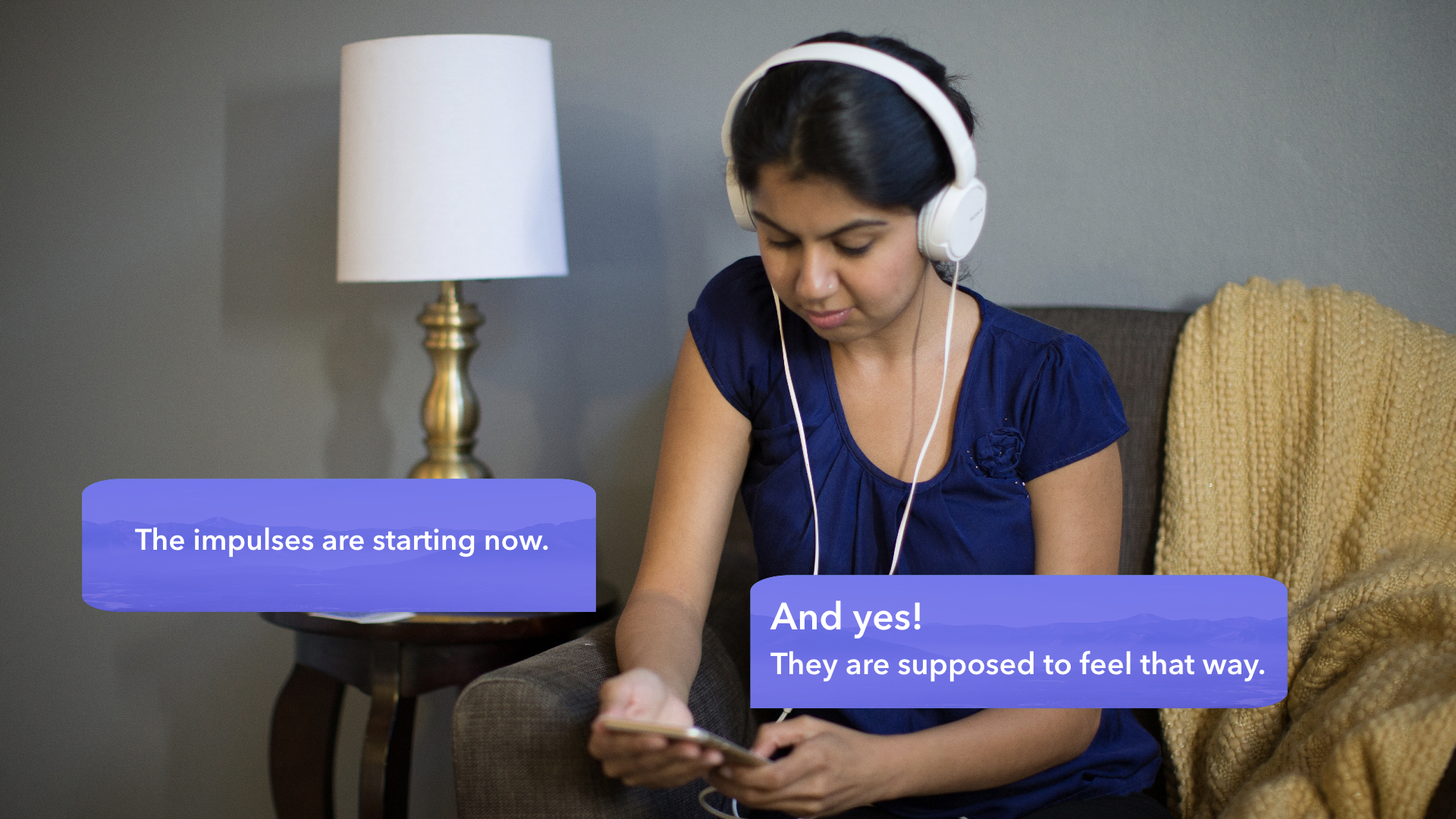
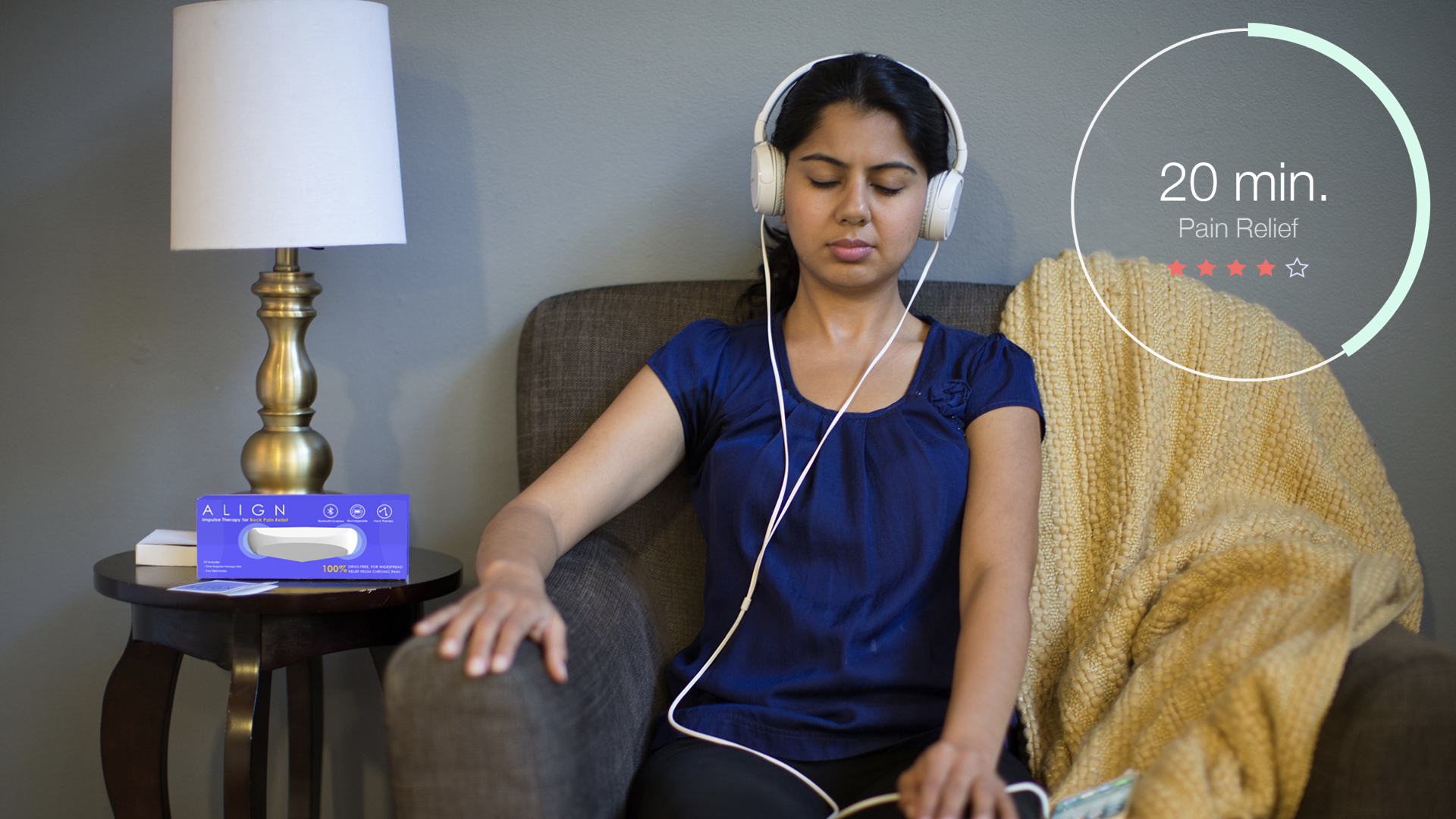
The System
By connecting to the cloud, the Align device is able to expand the users experience from an individual, one time treatment to a greater system of care.
Competitive Analysis
Our Solution.
Other Tens Devices on the market.
Wearables for stress relief and monitoring.
Meditation Apps.
Secondary Research
When I first started this project I was interested at how Eastern medicine was being more accepted but also could be a very polarizing topic depending on who you talked to and what they were use to culturally. I wanted to develop a "western way to develop eastern medicine." I also was interested in the effects that stress seem to have on chronic pain, specifically in the lower back.
I began by doing some preliminary research on the subject..
Primary Research
I interviewed 12 females between the ages of 25-35 all experiencing high stress and chronic lower back pain. To conduct the interviews I used various qualiitative methods from Liz Sanders, including experience mapping and dixit cards.
I realized that regardless of whether users were accepting of Eastern medicine everyone understand muscle tension and the effect that releasing muscle tension had not only on the body but also the mind.
From this I developed my final research question:
How can the treatment of muscle tension be a bridge to acknowledge and reduce stress as well as chronic pain?
App Development
Inspiration
I knew that I wanted this product to be like a second skin - something comfortable, flexible, and easy to wear. I studied other forms to see different ways this problem was currently being solved though design.
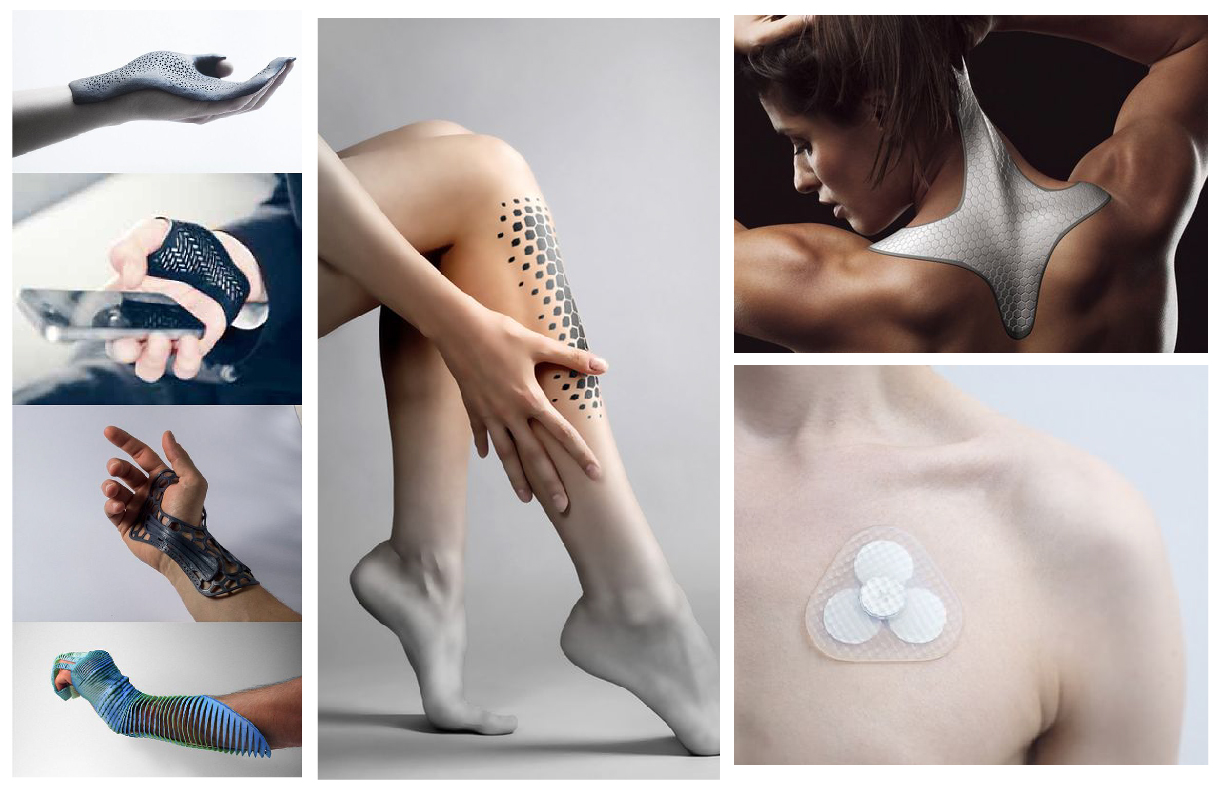
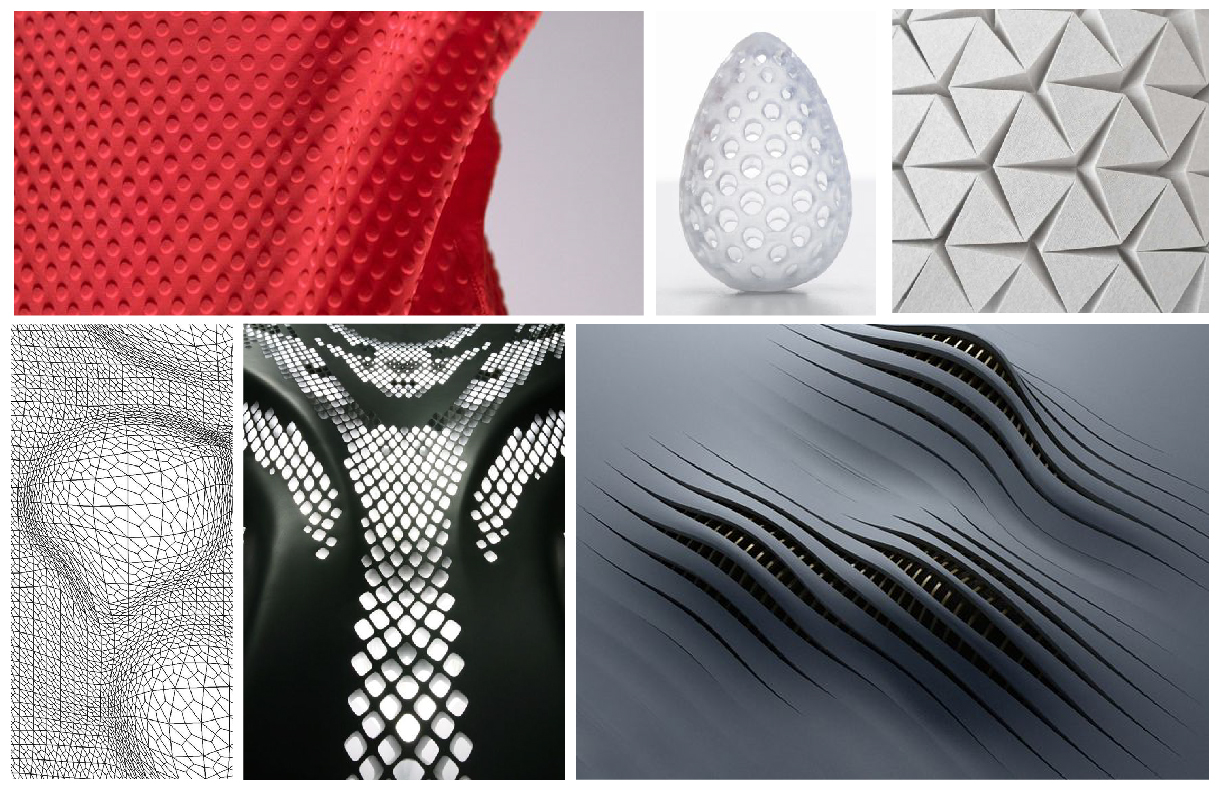
Form Study
I wanted to make something comfortable and ergonomic but also form fitting for a variety of human bodies. Since body proportions are different I studied the spine and the range of measurements I would have to design for.
Form Iterations
To develop this form I experimented with a variety of materials finally settling on silicone because of its flexibility and "firmness" as I wanted something that would be comfortable when sitting against a chair. The form itself varied based on ergonomic qualities as explored in the studies above and ability to comfortably house the battery.




